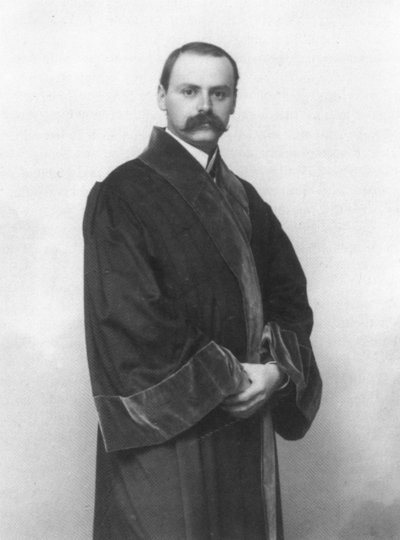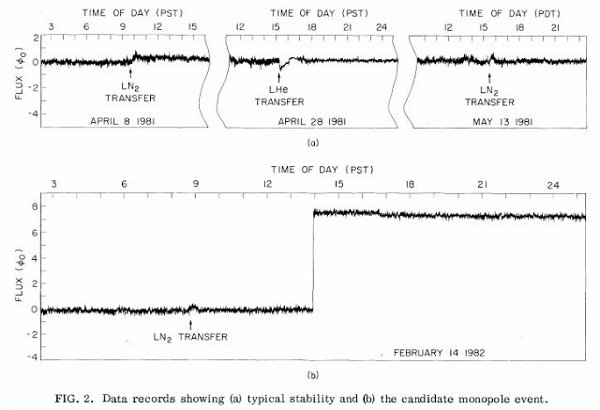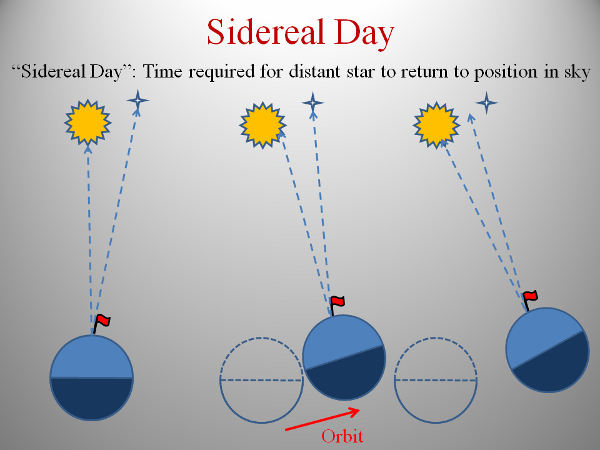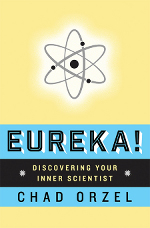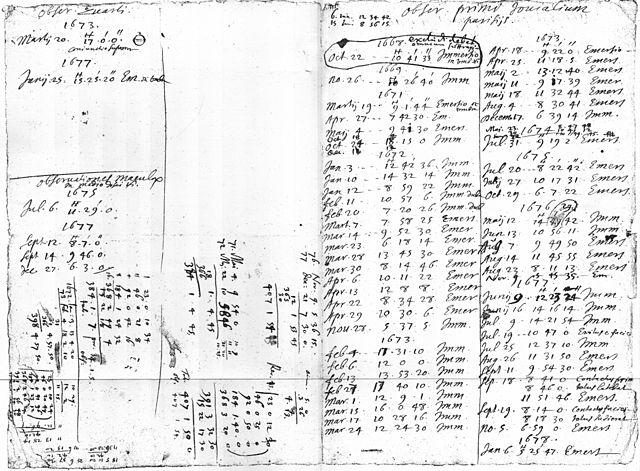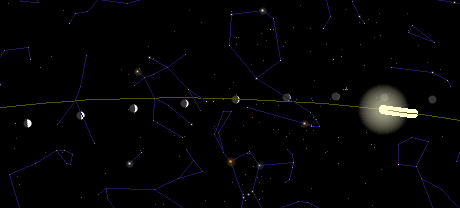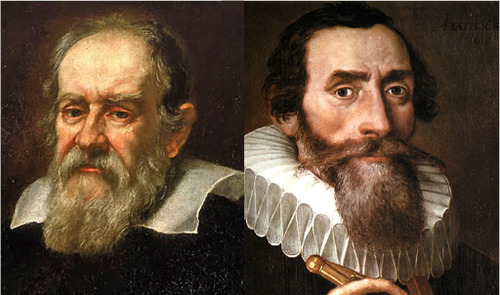There was some Twitter chatter the other night about a new arxiv paper called The Gender Breakdown of the Applicant Pool for Tenure-Track Faculty Positions at a Sample of North American Research Astronomy Programs: The demographics of the field of Astronomy, and the gender balance in particular, is an important active area of investigation. A… Continue reading Fermi Pipeline Problems
Category: Astronomy
The Bright Side of the BICEP2 Story
I’ve done yet another piece for The Conversation, this one expanding on something I’ve been saying in interviews promoting Eureka: that knowing the process of science can help people sort good science from bad. In this particular case, I take the somewhat #slatepitch-y angle that the recent high-profile unraveling of the BICEP2 experiment’s claim to… Continue reading The Bright Side of the BICEP2 Story
Science Story: Impossible Conditions
(When I launched the Advent Calendar of Science Stories series back in December, I had a few things in mind, but wasn’t sure I’d get through 24 days. In the end, I had more than enough material, and in fact didn’t end up using a few of my original ideas. So I’ll do a few… Continue reading Science Story: Impossible Conditions
Science Stories: One-Shots
(When I launched the Advent Calendar of Science Stories series back in December, I had a few things in mind, but wasn’t sure I’d get through 24 days. In the end, I had more than enough material, and in fact didn’t end up using a few of my original ideas. So I’ll do a few… Continue reading Science Stories: One-Shots
If I Were Ted Chiang…
(That title doesn’t quite scan as is, but if you stick an “a” in there, you can sing it to the tune of a song from “Fiddler on the Roof”… You’re welcome.) The last time I taught my “Brief History of Timekeeping” seminar was in 2012, so I spent a bunch of time on the… Continue reading If I Were Ted Chiang…
Semi-Competent Astrophotography and Sidereal Days
I’m teaching my “Brief History of Timekeeping” class again this term, and as always, I’m tweaking things a bit. This is one of our “Sophomore Research Seminar” courses, intended to introduce students to academic research, so it’s not specifically a physics class, but I’m choosing to take the statements about research outside the student’s field… Continue reading Semi-Competent Astrophotography and Sidereal Days
Eureka: Waldo at the Galaxy Zoo
Over at Medium, they’ve published a long excerpt from Eureka: Discovering Your Inner Scientist, that gives a good flavor of what the book’s really like. It’s about how the process for solving hidden-object games like the classic Where’s Waldo books is comparable to the process used by Henrietta Leavitt to revolutionize our understanding of the… Continue reading Eureka: Waldo at the Galaxy Zoo
Advent Calendar of Science Stories 13: Timing Light
Speaking of the timing of astronomical phenomena, as we were yesterday, the timing of celestial bodies was the key to the first demonstration of one of the pillars of modern physics, the fact that light travels at a finite speed. This actually pre-dates yesterday’s longitude discoveries, which I always forget, because it seems like it… Continue reading Advent Calendar of Science Stories 13: Timing Light
Advent Calendar of Science Stories 12: Time Tables
Returning to our mostly-chronological ordering after yesterday’s brief excursion, we come to one of the great problems of the 1700’s, namely determining the longitude at sea. Latitude is easy to find, based on the height of the Sun at noon– we told that story last week— but longitude is much trickier. Thanks to the rotation… Continue reading Advent Calendar of Science Stories 12: Time Tables
Advent Calendar of Science Stories 10: Anagrams. Oy.
The final step of the scientific process is to share your results with others, and that’s the step where things are most prone to breaking down. Countless great discoveries have been delayed or temporarily lost because the people who made them were more concerned with protecting “their” secrets than with sharing new knowledge with the… Continue reading Advent Calendar of Science Stories 10: Anagrams. Oy.
